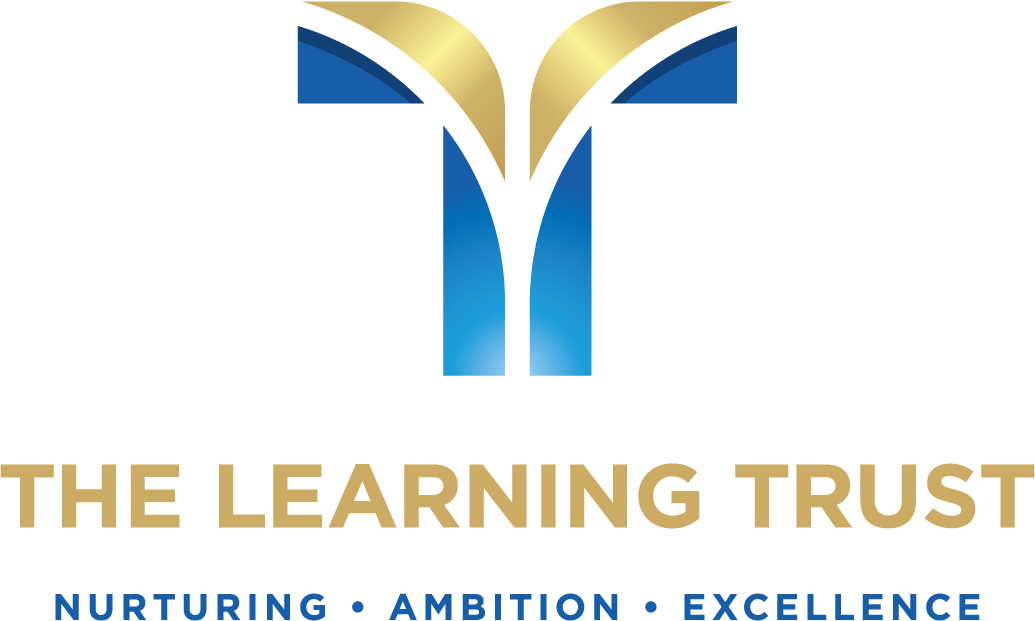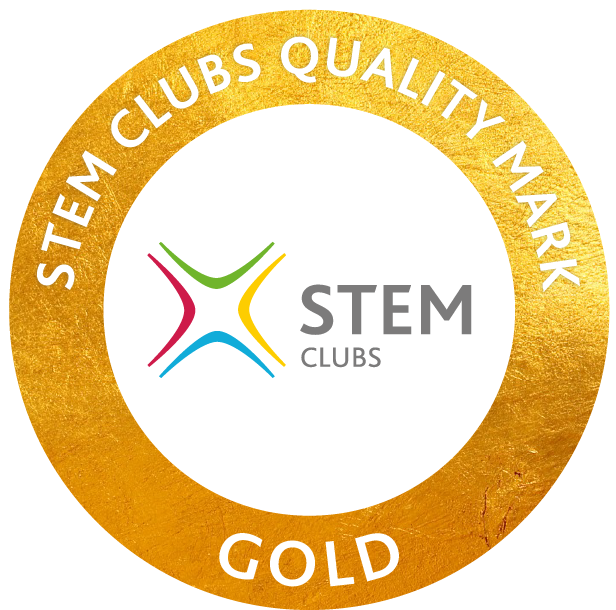History
| Subject: | History |
| Contact: | Miss L Whitford-Stark & Mr M Howens |
Overview
From the outset of Key Stage 3 students learn and develop the key concept skills of the historian while studying and exploring a variety of engaging time periods through a defined process of enquiry.
Key stage 3
Overview
Year 7 students begin with a skills overview such as source analysis, interpretation, understanding significance and the constantly intertwining relationship between change and continuity. These skills are then steadily embedded into chronologically ordered themes that explore the significance of turning points in the social and cultural evolution of the British Isles, with events such as when and how did the Normans conquer England? Was the Black Death really a disaster? How has history interpreted the significance of the Tudor dynasty?
Understanding of each topic is consolidated via a combination of assessed oral and written work in which students are actively encouraged to self-evaluate their own comprehension of each topic area and, with guidance, provide a platform at each assessment on which to continually build their skills.
From Year 8 onwards, these skills are further honed as students begin to explore the development of Britain and her relationship with the rest of the world from the Industrial Revolution and the building of an empire, the significance of the slave trade right up to the main long and short term events that triggered WWI. Year 9 begins by exploring WWI itself, the life of the soldiers as well as the impact of the war at home. The concepts of cause and consequence and significance are then further developed by examination of the impact of the Treaty of Versaille and how this contributed to the chain of events that led up to WWII.
Curriculum Content
| QPHS Year 7 History Curriculum Map | download |
| QPHS Year 8 History Curriculum Map | download |
| QPHS Year 9 History Curriculum Map | download |
Assessment Criteria
Please find below the assessment benchmarks for History. A child progresses across the grid (from A-I) when they demonstrate a deeper knowledge and wider range of skills in each assessment carried out.
Key stage 4
Overview
GCSE specifications in History will support students in learning more about the history of Britain and that of the wider world. The study of history at GCSE will inspire students to deepen their understanding of the people, periods and events studied and enable them to think critically, weigh evidence, sift arguments, make informed decisions, and develop perspective and judgement. This, in turn, will prepare them for a role as informed, thoughtful and active citizens.
GCSE specifications in history will enable students to:
- develop and extend their knowledge and understanding of: specified key events
- periods and societies in the history of their locality, Britain, and the wider world;
- and of the wide diversity of human experience
- engage in historical enquiry to develop as independent learners and as critical and
- reflective thinkers
- develop the ability to ask relevant questions about the past, to investigate issues
- critically and to make valid historical claims by using a range of sources in their
- historical context
- develop an awareness of how and why different interpretations have been
- constructed about people, events and developments from the past and why they
- may have been accorded significance
- organise and communicate their historical knowledge and understanding in
- different ways and reach substantiated conclusions
- recognise that the discipline of history and a knowledge and understanding of the past helps them to understand their own identity and significant aspects of the world in which they live, and provides them with the basis for further wider learning and study.
Exam board and course
AQA GCSE History (8145)
Curriculum Content
key stage 5
Overview
History is a widely respected academic choice that gives access to almost all professions. Journalism, writing, politics, law, business, entertainment, and finance are just a few examples. Any job where you need to read, write, analyse and communicate will appreciate these skills. At Key Stage 5, students continue to develop the skills of a historian, analysing sources, interpretations and significance. This is a two year course with two 2 and a half hour exams, and a non-examined assessment. As with each key stage: reading, using key vocabulary, researching, evaluating evidence, creating hypotheses and conclusions, and developing coherent arguments and debates are at the heart of lessons.
Curriculum Content
Enrichment opportunities
We are hoping to arrange a trip to Normandy for predominantly Key Stage 3 & 4 students to explore its historical environment. Further trips are currently being explored.
Useful websites to support learning









